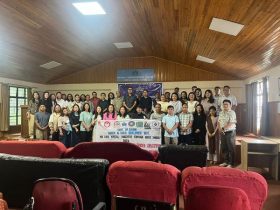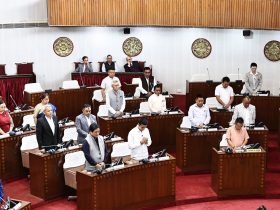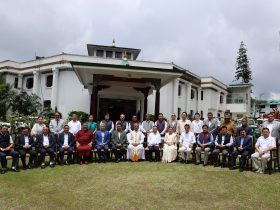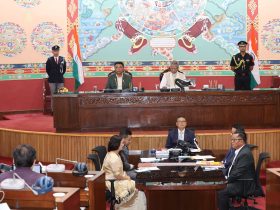SIKKIM, July 30, 2024 — Sikkim, a northeastern state of India, enjoys a unique status within the country: its residents are exempt from paying income tax under the Indian Income Tax Act. This exemption, specified in Section 10(26AAA) of the Act, is exclusive to individuals defined as Sikkimese.
Sikkimese individuals benefit significantly from this income tax exemption, which is rooted in historical agreements and aims to preserve the socio-economic stability of the state. This unique provision was established during Sikkim’s merger with India in 1975 and was reinforced in subsequent years, notably in 2008 and 2013.
Sikkim Special Tax Exemption
Sikkim was an independent kingdom until its democratic merger with India in 1975. The integration process included assurances to protect Sikkim’s distinct cultural, social, and economic identity. One of these assurances was the income tax exemption for individuals, acknowledging the state’s unique tax system prior to joining India.
Sikkim Special Tax Status Provision for Individuals
The Indian government, in recognition of Sikkim’s historical tax structure, provided a special income tax exemption to Sikkimese individuals. Section 10(26AAA) of the Indian Income Tax Act specifies that any income accruing to a Sikkimese individual from sources within Sikkim, including dividends and interest on securities, is exempt from income tax. This provision was solidified in 2008 and extended in 2013 to encompass all Indian citizens domiciled in Sikkim as of April 26, 1975.
Economic and Social Rationale Behind the Exemption
The primary objective of the Sikkim tax exemption is to maintain socio-economic stability. Given the state’s predominantly agrarian economy and limited industrialization, additional financial burdens could adversely impact the local economy. Furthermore, the exemption helps to maintain Sikkim’s demographic balance by discouraging an influx of non-Sikkimese individuals seeking tax benefits.
Sikkim Special Tax Status Implications
While the tax exemption protects Sikkimese interests, it has sparked debates about economic equality and integration within India’s broader economic framework. The Supreme Court’s directive to include “old Indian settlers” under the exemption reflects ongoing efforts to balance historical agreements with contemporary economic realities.
Dr. Pawan Chamling, former Chief Minister of Sikkim, emphasized, “The tax exemption is a crucial aspect of maintaining the unique identity and economic stability of Sikkim. It ensures that the promises made during the merger are honored.”
Relevant Data and Statistics Sikkim Tax Status
- 2008: The Union Budget repealed Sikkim’s tax laws, enforcing the exemption through Section 10(26AAA).
- 2013: The Supreme Court extended the exemption to include all Indian citizens domiciled in Sikkim as of April 26, 1975.
- 94%: The percentage of Sikkimese people benefiting from this exemption.
Major Events and Announcements
- 2008: Union Budget repeals Sikkim’s tax laws, enforcing the exemption.
- 2013: Supreme Court extends the exemption to “old Indian settlers.”
Significance
Sikkim income tax exemption is a significant part of its unique status within India. This provision respects historical agreements and supports the socio-economic stability of the state. As Sikkim continues to navigate its place within the Indian union, this exemption remains a crucial element of its economic landscape.
For more information, visit the official website of the Indian Income Tax Department.




